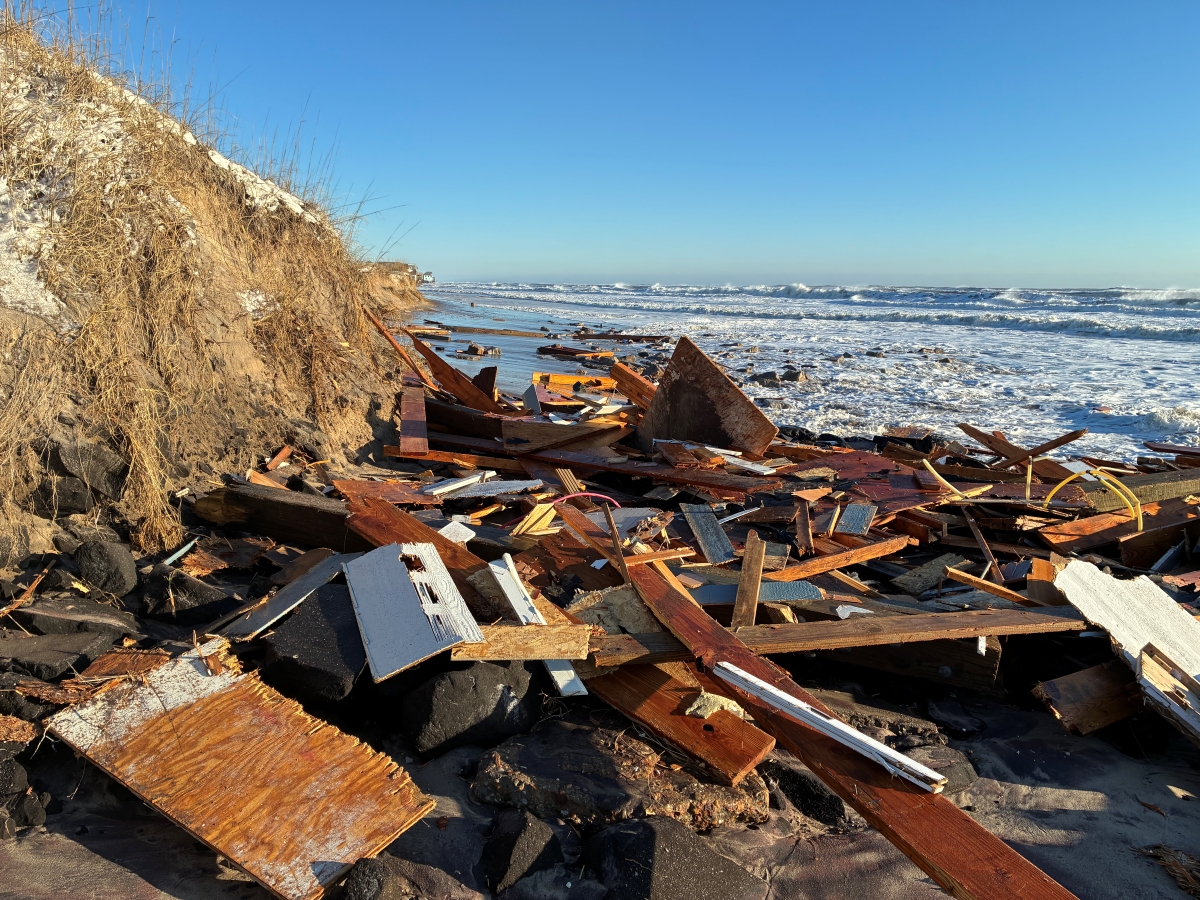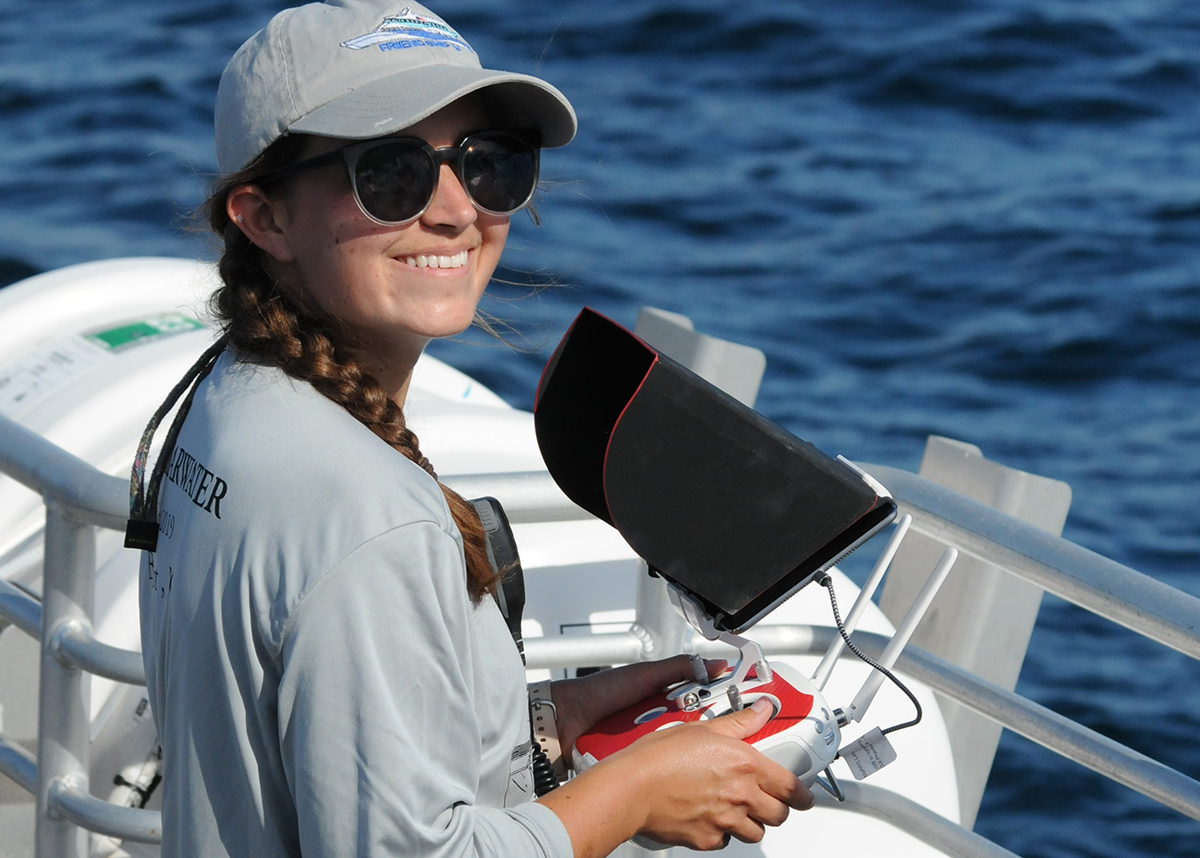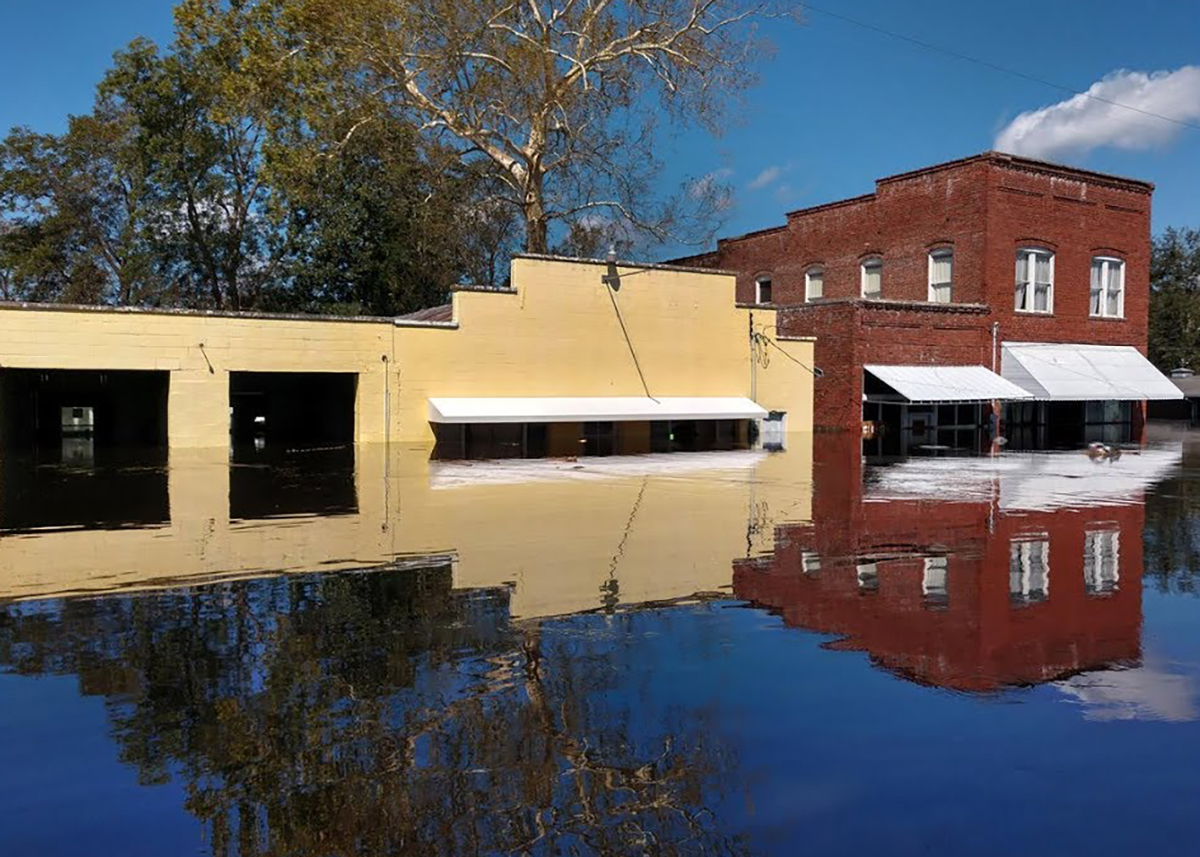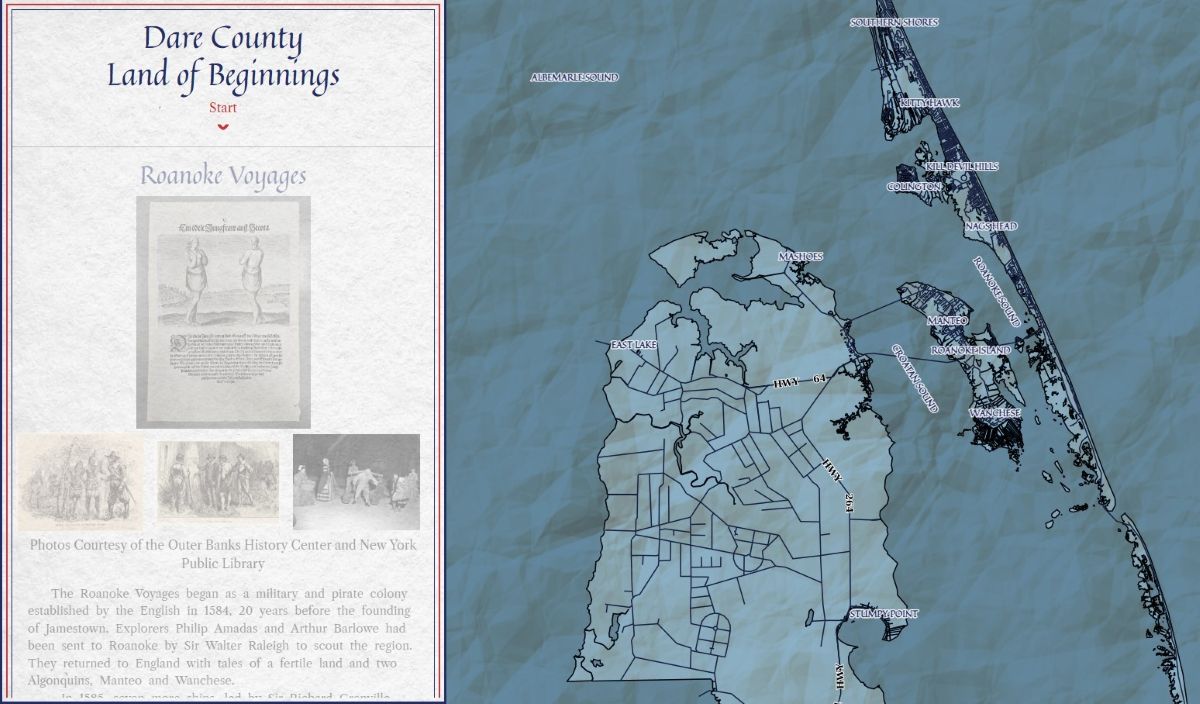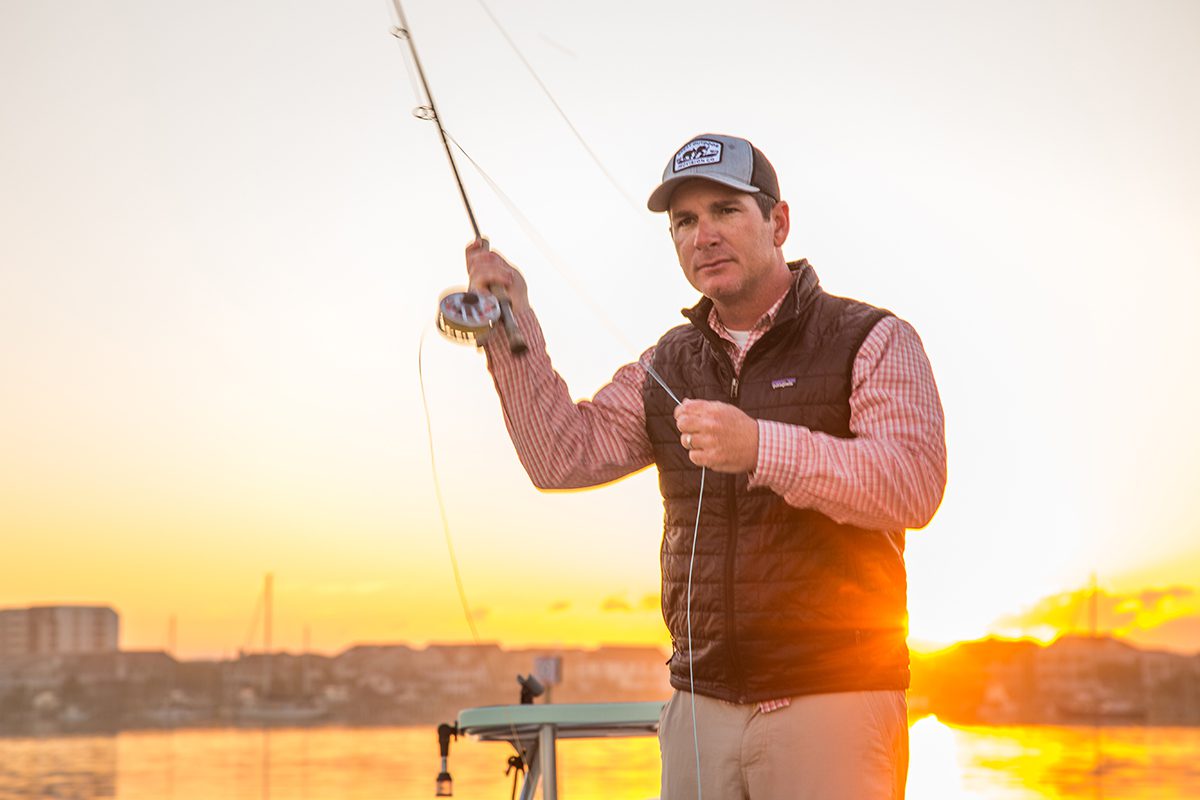
I’m sure, since you’re reading this, that you like fishing or the outdoors, possibly even both. If I’m correct, have you ever wondered what the fishing is going to be like in the future, 10, 15, 20 or more years from now?
If you have, have you ever done anything about it?
Supporter Spotlight
Seth Vernon is a Wilmington-area, light-tackle fishing guide and family man who not only thinks about fishing’s future, he has decided to do something about it. Having turned 45 in March, his love for his family and desire for the fishing he loves so much to be there for them in the future has led him down a path as not only an outdoorsman but also a respected conservationist filmmaker and speaker.
Growing up in suburban Houston, Texas, Vernon’s earliest fishing opportunities were in local ponds with his boyhood chums. However, his grandfather, James Elon Vernon, or “Red,” as he was known, would transport him to the blackwater rivers of the Atchafalaya River Basin.
“There we would fish with cane poles and live crickets, plugs and casting rods for a variety of sunfish, crappie and bass,” Seth Vernon said.
This would set the stage for a fishing obsession that would last a lifetime. Vernon felt transported in time in the cypress rivers and realized they had been there for a long time precisely because someone in the past had taken time to make sure they would continue to be there.
“Those trips were magical, like being teleported to another world full of wonder and timelessness,” Vernon said.
Supporter Spotlight
Learning the trade
Seth Vernon knew early on he wanted to work in the fishing industry. After graduating in 2001 from Appalachian State with a Bachelor of Science in communications, he stayed in the area and worked at Foscoe Fishing Co. on the Watauga River. Later, in 2001, he left to guide anglers in Alaska, but Vernon returned to Boone the next year and went back to Foscoe, working alongside guide Ollie Smith.
“I learned an immense amount of the trade of working in a fly shop and operating a guide service,” Vernon said.
Those years, 1997-2001, also nurtured his love for the abundant variety of species in North Carolina’s High Country. With Smith as his mentor, they fished North Carolina waters and Tennessee tailwaters.
“Our primary targets in the mountains were trout, smallmouth and muskellunge,” Vernon said, adding that, most importantly, he learned about a new way of fishing. “Living in Boone was when I got involved in fly fishing.”
The connections he made there have lasted him, too. “I fish with my friends there as often as I can,” Vernon said.
Going coastal
Experience and connections proved invaluable in his big move to the coast in 2004. In Wilmington, Vernon partnered with Stuart Smith — unrelated to Ollie Smith — in running Intracoastal Angler, a saltwater outfitting and tackle business. It was during this time that he realized that there was more he’d rather be doing than sitting at the counter. He began working more exclusively as a guide and then walked away from the tackle business altogether.
“In 2006, I launched Double Haul Guide Service to focus full time on charter fishing,” he said, adding that the focus is on inshore species. “Most of the fishing has been light-tackle spin-fishing, but I’m always wanting to push the envelope of what is possible in the way of fly fishing in saltwater.”
He pointed out that one aspect of his favorite style is often overlooked by those not familiar. “In my opinion, the biggest attraction to fly fishing is the visual nature of the pursuit. In saltwater, we’re more often than not ‘sight fishing’ in shallow water to actively feeding redfish, rolling tarpon, or busting albacore.”
It’s more than just catching a fish and seeing how many you can get by the end of the day, he said.
“Seeing a target fish species pursue and grab your fly is exhilarating. It’s a feeling all fly anglers chase,” Vernon said.
In terms of advice for the new saltwater fly angler, Vernon said the real key to consistency is casting ability.
“Distance is king, but there are many situations involving wind and clouds where a close presentation is necessary,” said the guide, who added that an angler must be ready at all times. “Each wind change, target fish or angle of presentation is its own puzzle. Be fluid, learn and adapt to the situation at hand.”
A nugget that could be Vernon’s catch-phrase: “Consistency is a byproduct of being flexible.”
Practice is what is going to make the difference between catching a prize fish or going home disappointed. There is a skill in fly fishing that is important to casting when it’s windy.
“For the new to saltwater fly angler, the best piece of advice I can give is learn to double haul. This is a casting technique that unlocks the hidden potential of your fly rod for improved accuracy, distance and ultimately control.”
Vernon described it as a way to increase the flex in your rod by pulling down with your line hand. That will result in longer casts. Not knowing how makes things more difficult, he said, adding that it’s best to practice this skill before heading to the water.
“Seek instruction from a professional, and when you think you’re ready to apply these new skills to the water, practice some more,” he said.
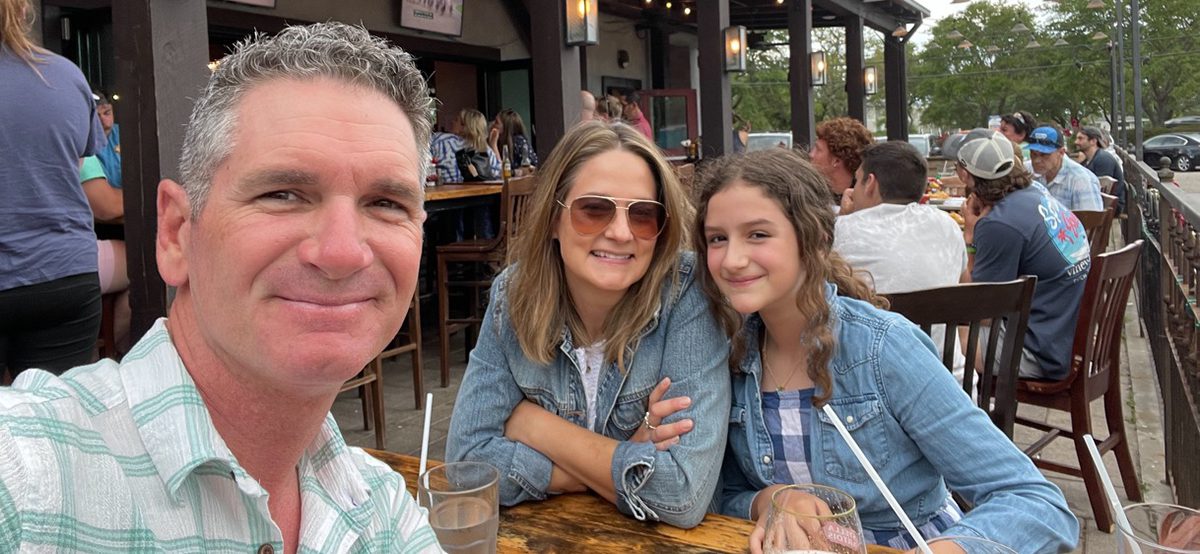
The Vernon family likes to get out on the water with him whenever they can. Vernon’s wife and daughter are accomplished anglers in their own right.
“I’m blessed that my wife Francesca and 13-year-old daughter Olivia enjoy the water as much as I do. Olivia is getting pretty good walking the dog with a topwater for redfish these days.”
It’s part of teaching her to deeply appreciate the world that she already enjoys so much.
“Olivia has shown an interest in fishing and the ecology of our sounds and beaches. I continue to foster her appreciation for the natural world and its inhabitants,” Vernon said, adding that he hopes the state’s natural beauty will still be there for her in the future. “Our state and its agencies can do better, but the citizens of this state will have to hold them accountable in order to see a positive outcome for the next generation of anglers.”



